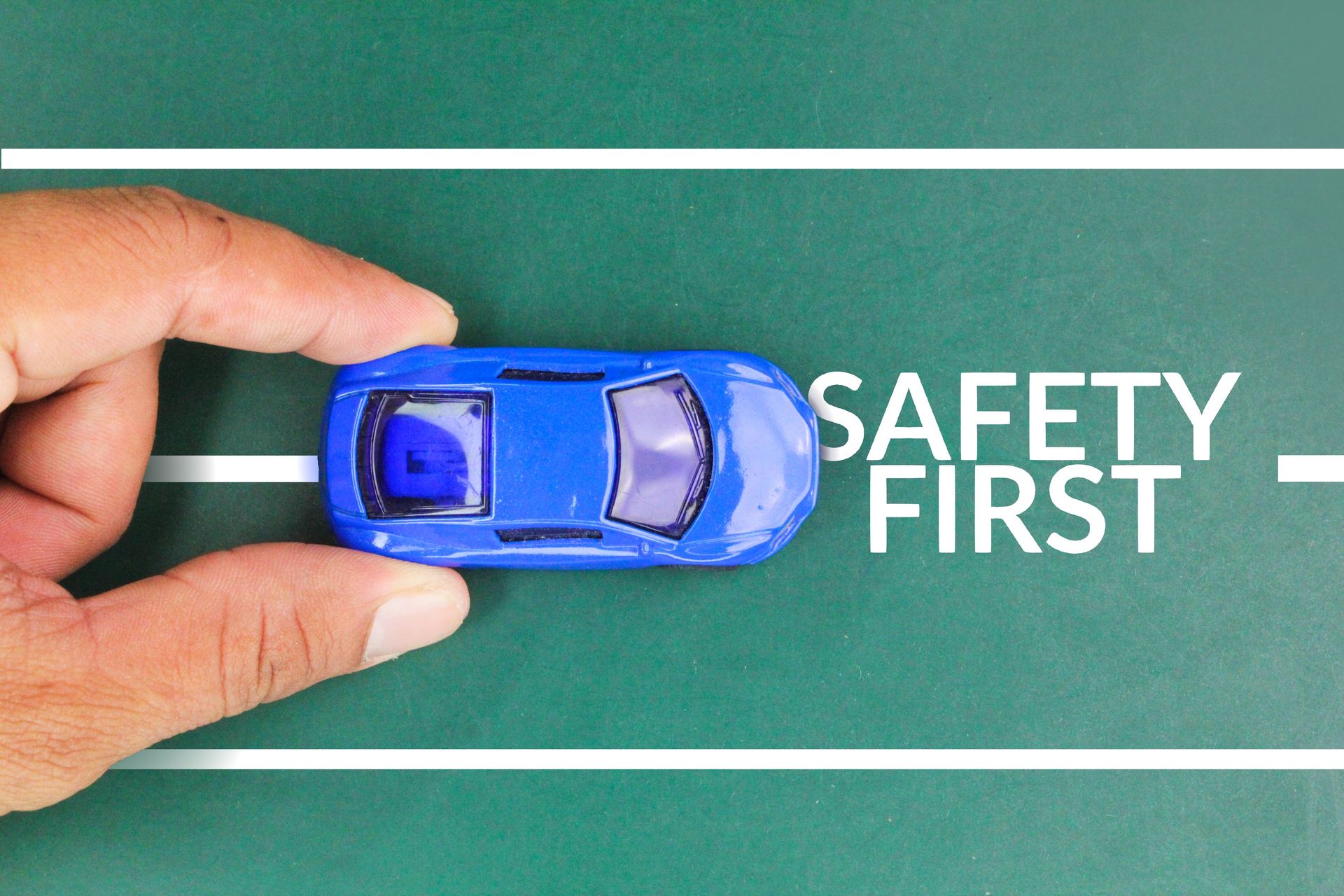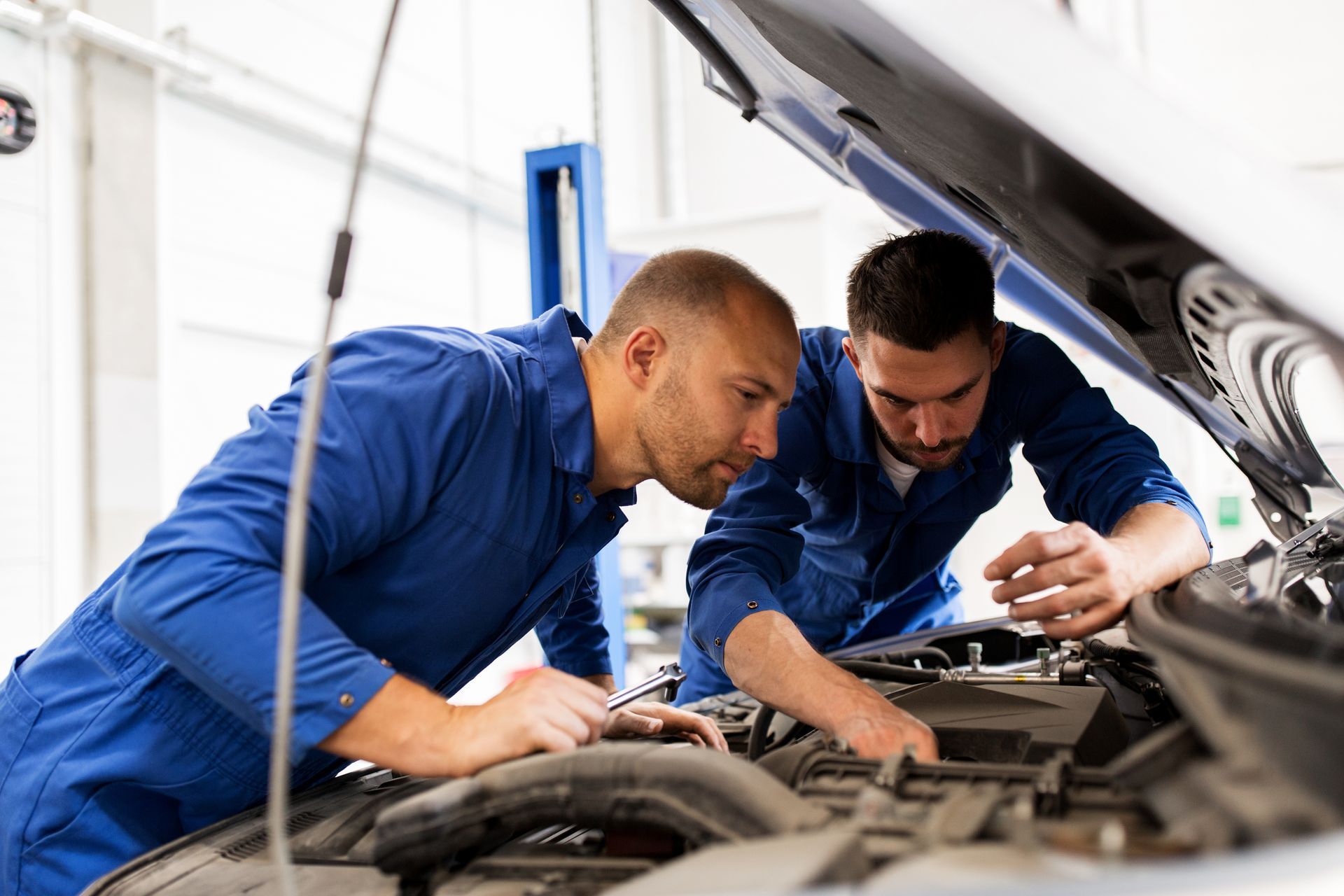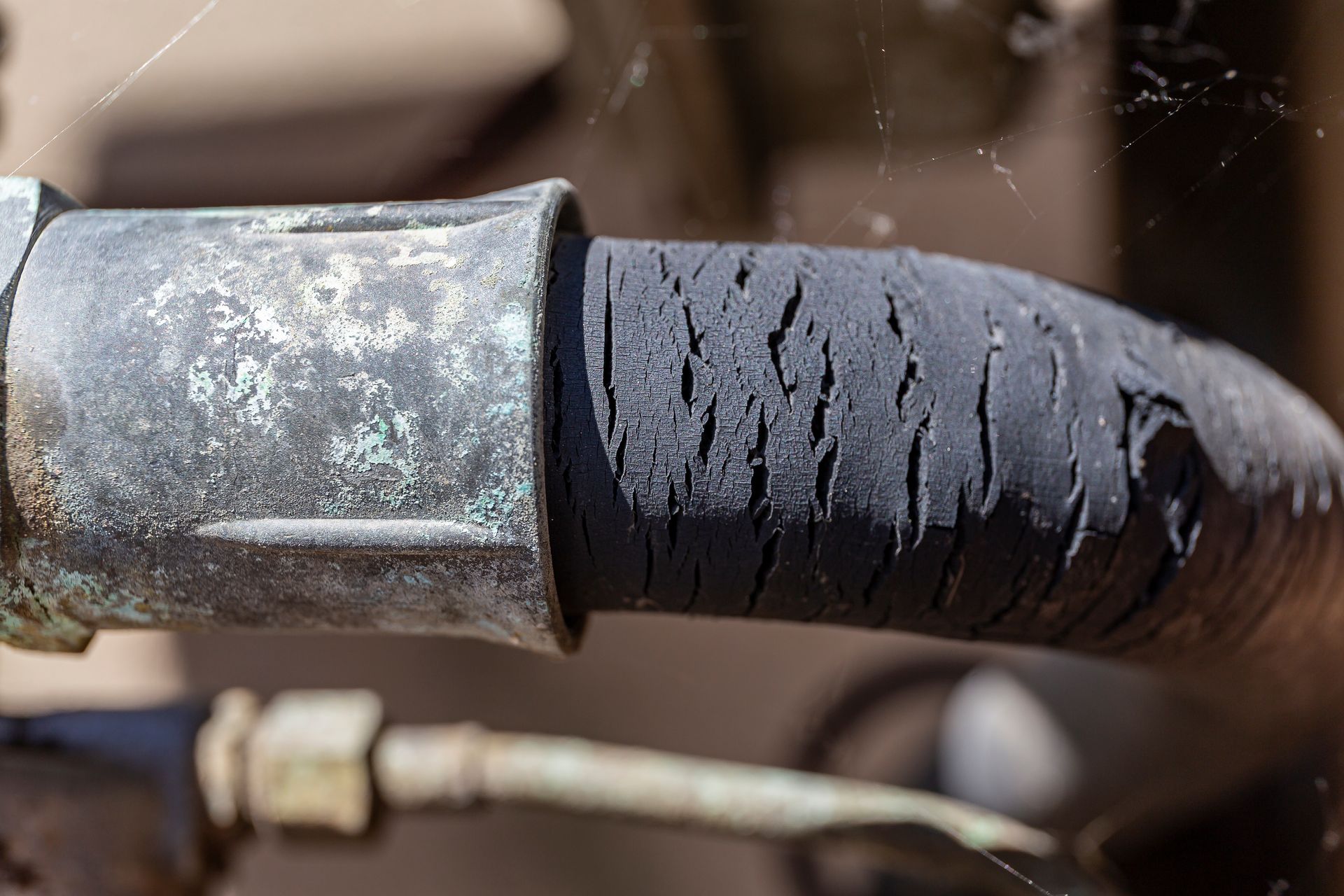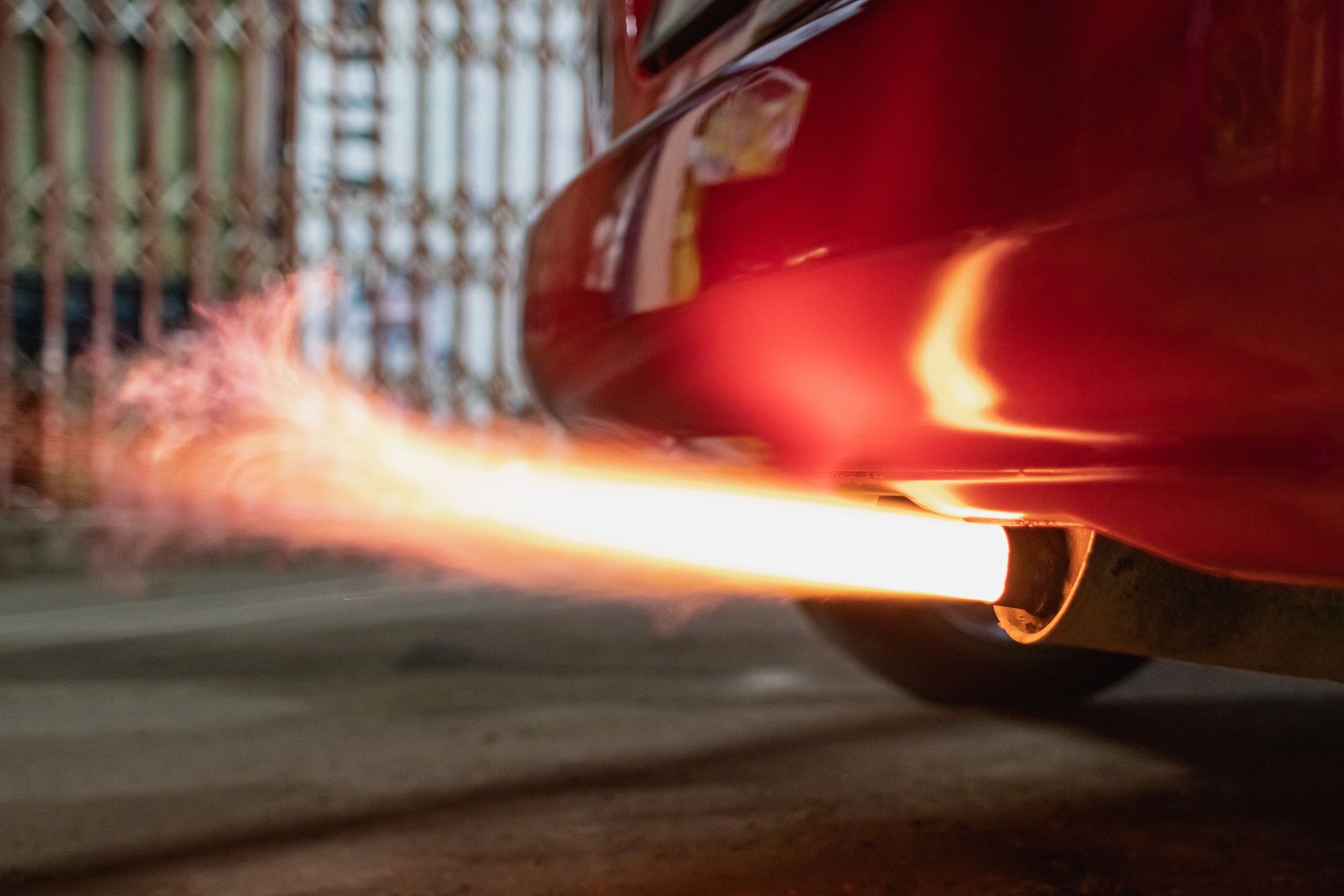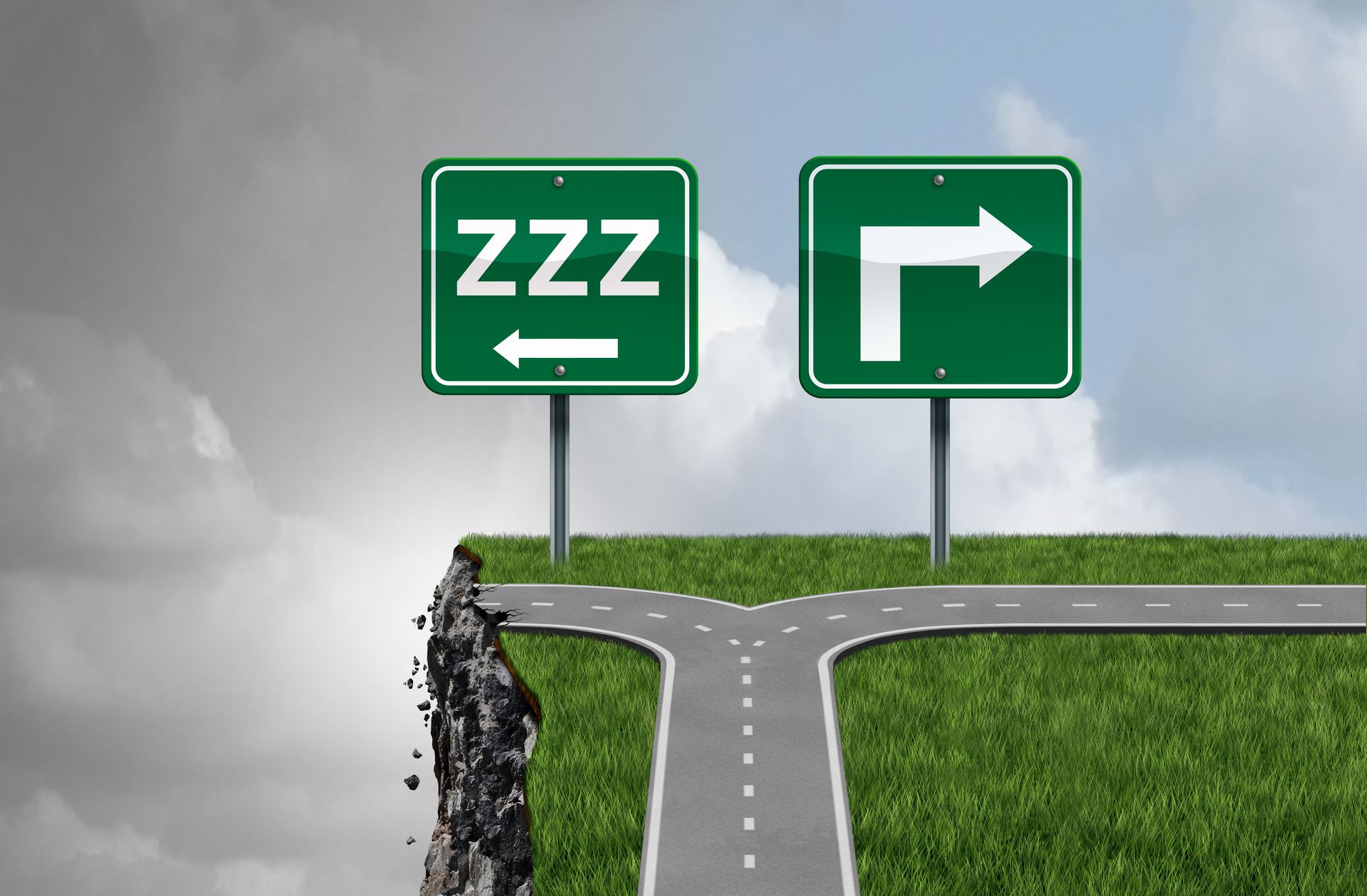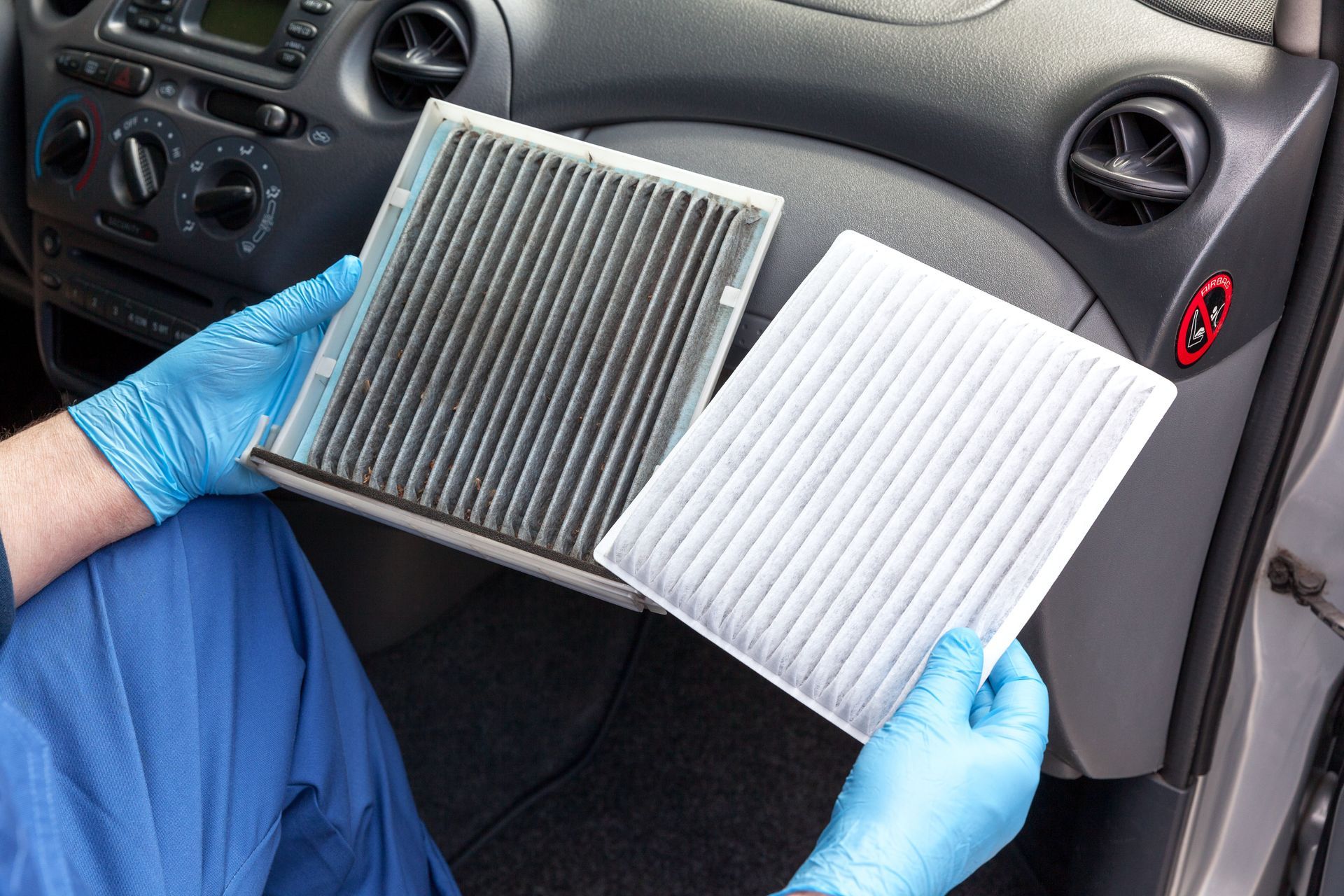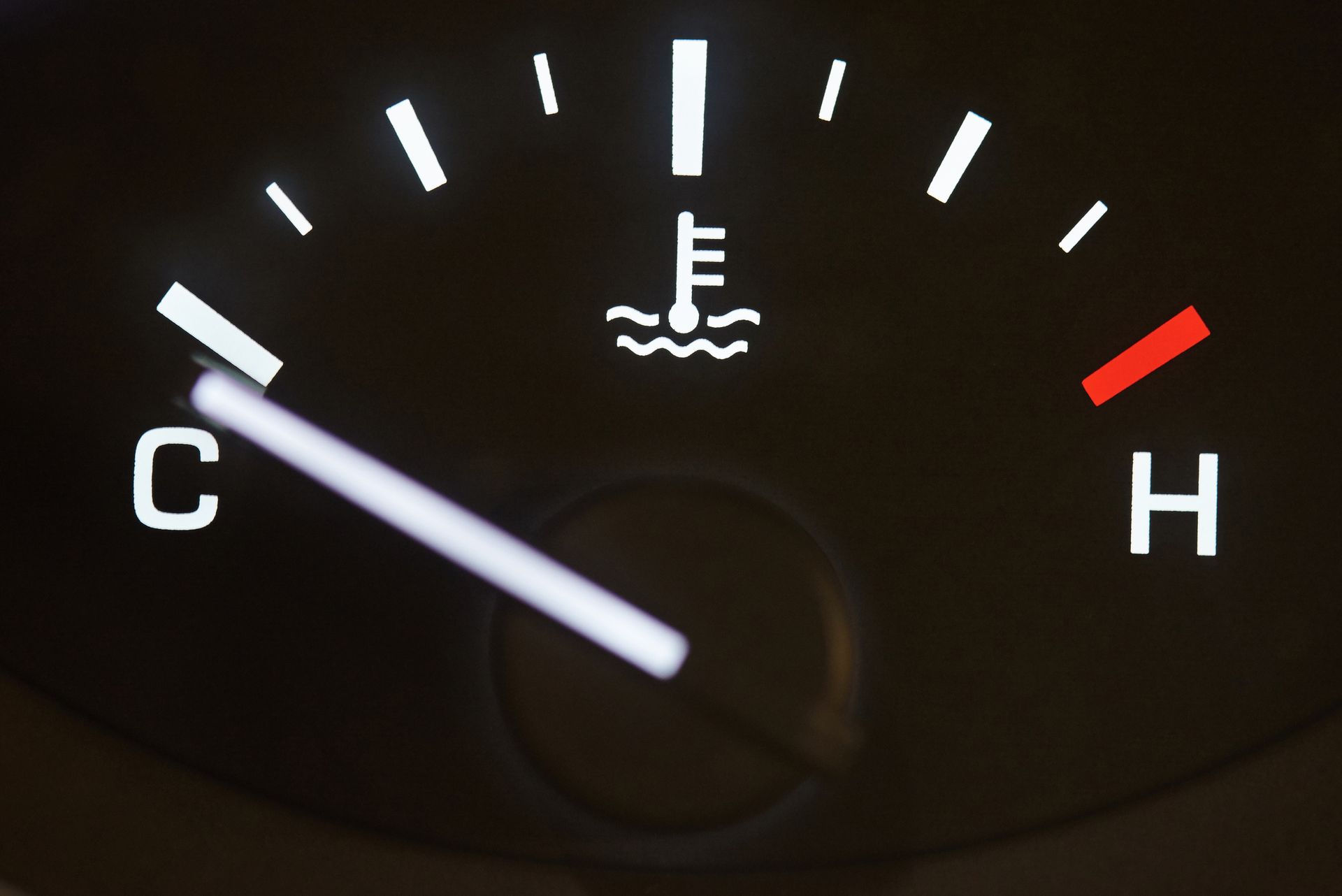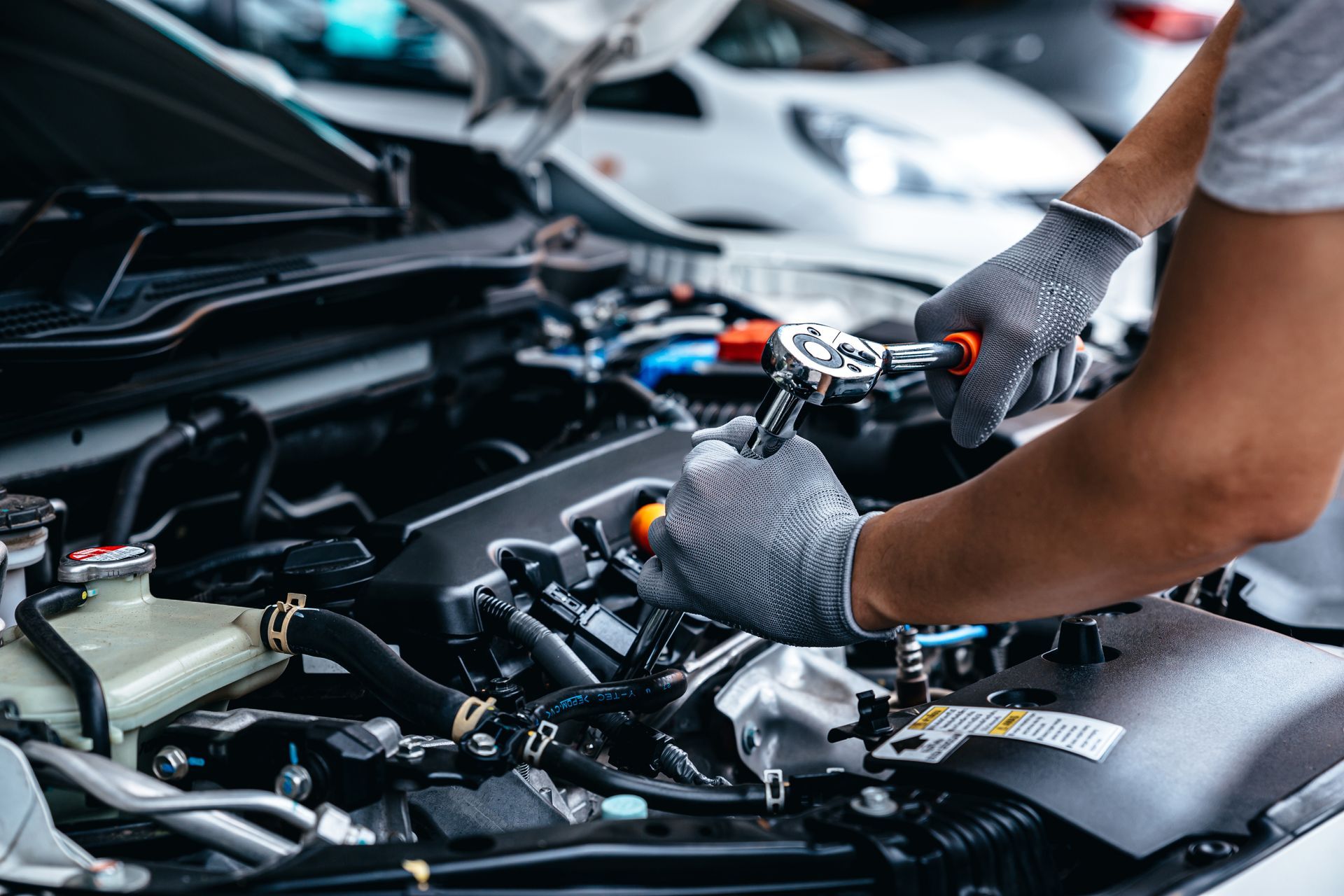If your car seems hesitant to start, doesn’t accelerate like it should, or just feels “off” during those first few minutes of your morning drive, you’re not imagining things. A vehicle that feels sluggish after sitting overnight is often trying to tell you something. And while it may go away once the engine warms up, the underlying cause shouldn’t be ignored.
There are several reasons your car might act differently in the morning, especially when temperatures drop or if it’s been sitting idle. Let’s explore what could be behind that sluggish feeling and when it’s time to bring your car in for a closer look.
Cold Engines Don’t Perform at Their Best
When you start your car after it’s been sitting for hours, the engine oil has settled and cooled. Cold oil is thicker and takes longer to circulate through the engine, meaning key components don’t get the lubrication they need right away. Until the oil warms and thins out, your engine may run rough, feel underpowered, or respond slower to acceleration.
That sluggish sensation can be even more noticeable in cold weather. The denser air and colder engine temperatures create resistance that your car has to overcome before running at peak efficiency.
If your car feels consistently underpowered in the morning but improves after a few minutes, temperature-related oil flow is likely playing a role. However, there may be other factors contributing to the issue.
Battery and Charging System Weakness
If your vehicle seems to crank slowly or takes longer than usual to start, your battery might not be holding enough power overnight. A weak battery or failing alternator can cause sluggish starting and hesitation in those first few minutes—especially after a cold night.
Modern vehicles rely heavily on electronic systems that demand steady voltage. If the battery is barely hanging on, your fuel injection, ignition, or even throttle response can be affected.
A battery test and charging system inspection can reveal whether it’s time for a replacement or if your alternator isn’t doing its job properly.
Fuel System Problems and Cold Starts
Cold starts put added pressure on your fuel system. If you’ve got a clogged fuel filter, a failing fuel pressure regulator, or dirty fuel injectors, your car might struggle to deliver the proper fuel mixture when first fired up. This results in hesitation, stumbling, or sluggish throttle response.
It’s also possible that the fuel in your tank is contaminated with moisture or has degraded—especially if the car has been sitting unused. In colder climates, condensation in the tank can freeze or cause uneven fuel delivery, which clears up once the system warms up and pressure stabilizes.
Sensor Malfunctions or Engine Management Issues
Your engine relies on sensors to measure air temperature, coolant temperature, and airflow. If any of these sensors are giving incorrect data—especially the coolant temperature sensor—the engine may run too rich or too lean during startup.
This can make your car feel slow, inefficient, or rough when cold. And while it may correct itself as the engine warms up, these small inconsistencies can lead to long-term wear and reduced performance.
A quick diagnostic scan can help identify faulty sensors before they trigger a check engine light.
Vacuum Leaks and Worn Spark Plugs
Vacuum leaks can cause a drop in performance, especially when the engine is cold. The computer may struggle to maintain the right air-fuel balance, leading to uneven acceleration or stalling.
Worn spark plugs or ignition coils are another common cause of sluggish cold starts. They may fire inconsistently when temperatures are low, causing a rough idle or hesitation until things warm up.
Both of these issues are often subtle but noticeable, and they tend to get worse over time if not addressed.
Don’t let a slow start turn into a bigger repair. Bring your vehicle to
Gerry’s Service
in East Amherst, NY, for honest diagnostics and dependable repairs.

